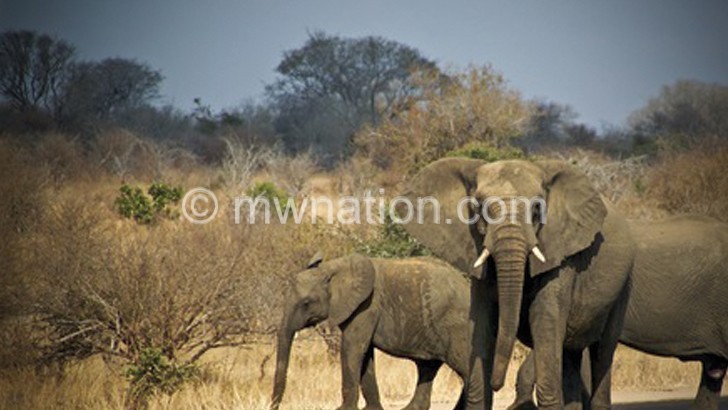New security measures to decrease wildlife crimes
Wildlife conservation partners have described the newly introduced Wildlife Crime Investigations Unit, Wildlife detection dogs and new legislations and posters at Kamuzu International Airport (KIA) as good preventive measures against wildlife crimes.
Lilongwe Wildlife Trust campaigns manager Kathryn Kachimanga said during a recent news conference that government has demonstrated commitment in fighting wildlife crime.

She cited the recent implementation of the Regulation of Species legislation as a statement of commitment.
“With the posters at the airport, travellers will be reminded that wildlife crime threatens the world’s most iconic species. Behind the scenes, airport security and customs staff have been given updated handouts detailing how to identify ivory and distinguish it from bone,” she said.
Kachimanga said the success testifies the power of partnership between government and its stakeholders in combating illegal wildlife trade.
She said the new Regulation of Species has helped to protect an additional 216 endangered species in Malawi which include fungi, mammals, reptiles, amphibians, birds, fish and invertebrates.
“The regulation also protects plants such as Mopane rosewood from deforestation and illegal logging,” she said.
National Parks and Wildlife director Brighton Kumchedwa said the commitment demonstrated by government reflects an understanding within the global community that the face of illegal wildlife trade is becoming one of serious organised crimes in the world.
“It also demonstrated that Malawi recognises that it has been a key transit hub for trafficking of illegal wildlife products,” he said.
Reports indicates Malawi is among the emerging countries of primary concern as a major route for the illegal ivory trade, alongside Togo, Malaysia and Singapore. n





